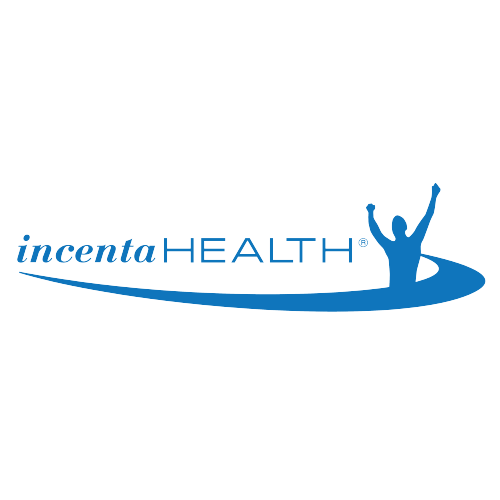The amount of quality protein that you consume is a key component to any healthy eating plan. In fact, Dr. Halton at the Harvard Medical School states that “Convincing evidence exists that protein exerts an increased thermic effect [calorie burning] effect when compared to fat and carbohydrate.” Protein helps you feel fuller for longer and on much fewer calories since the process of breaking down protein for energy alone burns calories! It also helps your muscles repair and recover, so if you are looking for ways to improve your body composition then increasing your protein consumption might be helpful.
Whether you’re a vegetarian looking to incorporate more protein into your diet, trying to practice ‘Meatless Mondays,’ or simply can’t find your normal protein sources on grocery stores shelves currently – incentaHEALTH is here to help!
Dairy Options
Eggs are a great and inexpensive option with 6 grams of protein per whole egg and almost 4 grams of protein in the egg white alone! Try adding a little egg white or a whole egg to any meal for a protein boost. Greek yogurt and cottage cheese are two more fabulous options. Greek yogurt is a nutrient dense powerhouse, with 15- 20 grams per 6-ounce serving of Greek yogurt and less than 10 grams of sugar. Then you have cottage cheese bringing in about 15 grams per ½ cup serving– think of the delicious snacks you can create!
Nuts and Seeds
Depending on the type, nuts have about 3 to 7 grams of protein per 1/3-cup serving. If you need a mid-day boost then follow the incentaHEALTH meal plans and pair a handful of nuts with a piece of fruit for a quick, energized snack on the go. Seeds are also a great choice, highlighting pumpkin seeds with about 7 grams and hemp seeds with 6 grams per 1 oz serving.
Finally, my personal favorite indulgence, nut butters! Two tablespoons of Peanut or Almond butter has about 7-8 grams protein. Here’s a little secret, pair your favorite nut butter with some plain low sugar Greek yogurt (Fage or Chobani) for a sweet and healthy snack.
Vegetables and Legumes
We recommend at every meal you fill half your plate with non-starchy vegetables because the amount of nutrients, antioxidants, vitamins and minerals that you are consuming will help turn your body into a fat burning machine! Broccoli has it all and then some more– with 2.6 grams of fiber per half cup. It’s also a great source of protein with about 4 grams per cup. Peas have about 10 grams of protein per cup and edamame has a whopping 17 grams of protein per cup with under 200 calories!
If you are looking to add some flavor to your vegetables, then hummus would be a dazzling option providing a little over 1 gram per tablespoon. To put it into perspective, that’s about 20 grams per cup! However, hummus is a healthy fat meaning it is calorie dense so we aren’t recommending using a full cup with your veggies.
Depending on the type, beans offer about 12-14 grams per cup of protein and lentils have an impressive 18 grams of protein per cup with only about 230 calories.
Other Protein Options
I have to mention a few more meatless superstars before closing the red curtain and please feel free to comment below on any key players I didn’t highlight. Quinoa, often mistaken for a grain which makes it a great replacement, has about 9 grams per cup of protein. Seitan, also known as wheat meat, has about 21 grams per 3 oz serving and only about 120 calories. Tempeh, similar to a vegetarian burger patty, has an astonishing 31 grams of protein per cup. Finally, we can’t forget tofu weighing in at about 10 grams per ½ cup serving. Protein powders, such as whey and casein, are also a great way to replenish the muscles after a workout and can be a great option for vegetarians.
Our program has vegetarian meal options as well. To switch to vegetarian or gluten-free meal ideas, simply update your ‘Program Settings’ under ‘Manage Profile’ or under ‘Settings’ in our app. Also, feel free to use these suggestions or alter any of the other meals with your preferred source of protein.






